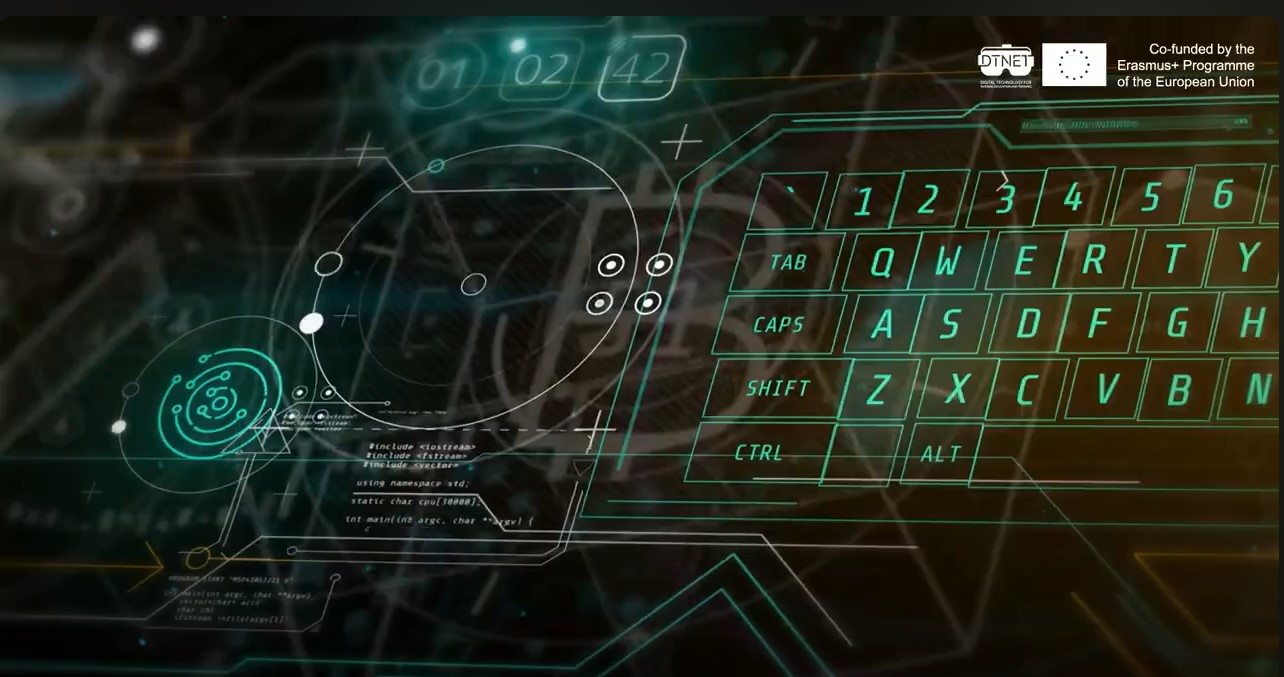Virtual Reality in Nursing Education & Training or just VRNET Expert is a training course that comprises the multimedia outputs of the DTNET project thoroughly compiled to provide a detailed overview of the history of VR, its educational potential, and insights into the process of the development of VR simulation based educational products.

VRNET Expert Training Course includes video lectures (with English subtitles)
In just three hours you will be able to extend your knowledge and get guidance on how the VRS-based training could enhance your teaching or learning routine.
8 lessons include elaborately structured and thoroughly revised evidence-based data that would help you better identify the areas where VR can become beneficial for your medical training and education.
You will be introduced to VR, learn the differences between different types of immersive digital technologies as well as their limits and opportunities.
During the course, you will find out how a VR-based simulation can be created, what requirements are to meet, and how your project team might work.
The course also has a focus on the didactic purpose of VRS-based training, and how its content should be aligned to meet your learning objectives.
Finally you will learn how to operate inside of VR simulation, what hardware you need to do so, and, of course, try yourself two fully-fledged training scenarios precisely developed in-line with concrete practical cases from the training programmes of our partner institutions. Check technical requirements for more info.

Learn more about the history of Virtual Reality with VRNET Expert Training Course
You can check yourselves using quizzes, and get competent support from our administration team. The course would be particularly interesting for teachers, nurses, medical staff, and students, as well as all those who are eager to extend their knowledge and equip themselves with new tools.
The course is 24/7 available online, completely free of charge, as well as localised in English, German, Lithuanian, Latvian, and Swedish.
Come, try, and provide us with your feedback.
Good luck, and remember that the future of education is digital!

